Kristīne Malnača, Head of Strategy and Economics department in RB Rail AS provided an overview of the status of the global project and ongoing work in 2024. Notably, the master designs for priority sections are nearing completion, and this year will mark the commencement of extensive construction activities, particularly on the mainline across all Baltic countries, with over 150km of mainline infrastructure slated for construction. Efforts to align project phasing with the respective states are currently underway, aiming for improved coordination and cooperation.
Update on the global progress of the Rail Baltica Project in 2024 by Kristine Malnaca
The webinar focused on outlining the strategies for 2024 procurement and ongoing preparations for large-scale construction cooperations with market participants. Progress in material procurements, particularly in electrification, control-command, and signaling subsystem design and construction spanning 870 km, was highlighted as reaching the final stages. Rail Baltica joint venture RB Rail AS has scheduled 39 procurement initiatives for the year 2024, collectively valued at approximately EUR 10 million. In addition, key learnings from market consultations were presented.
Rail Baltica procurements in 2024 by Martins Blaus
Cooperating with the market_getting ready for large-scale construction by Kristjan Piirsalu
Video recordings and presentations of country-specific updates from representatives of national implementing bodies are available below.
Rail Baltica Project progress update, procurement, and priorities in 2024, Estonia by Vaiko Eggert
Rail Baltica Project progress update, procurement, and priorities in 2024, Latvia by Eriks Dilevs
Stay updated on the project’s latest progress across the three Baltic states, covering both design and construction phases, through our interactive Rail Baltica map.
The webinar also delved into Rail Baltica’s commitment to integrating sustainability practices, with Rail Baltica experts Kristīne Malnača, Stefano Manzo and Iveta Jēgere from various departments engaging in the discussion alongside Camille Wu, consultant from CPCS, an international firm collaborating on the ongoing sustainability study with Rail Baltica.
Rail Baltica’s sustainability strategy encompasses primary and secondary sustainability domains, placing emphasis on sustainable practices throughout the design, construction, and operation phases. Key areas of impact include addressing various environmental concerns such as climate change mitigation and adaptation, air quality improvement, soil pollution reduction, and biodiversity preservation. Additionally, attention is directed towards broader aspects such as the circular economy, social equity and inclusion, community development, and other facets aligned with the UN Sustainable Development Goals.
Central to Rail Baltica’s sustainability vision is the utilization of renewable energy. Plans involve implementing an electrified system powered by renewables, which will stimulate local investment and promote energy security. Investments in infrastructure, such as solar parks, aim to achieve energy self-sufficiency and foster wider economic benefits. The project also seeks to establish long-term partnerships with renewable energy providers to ensure a stable energy supply for Rail Baltica’s implementation, with offshore wind energy positioned to become a primary renewable source for the project.
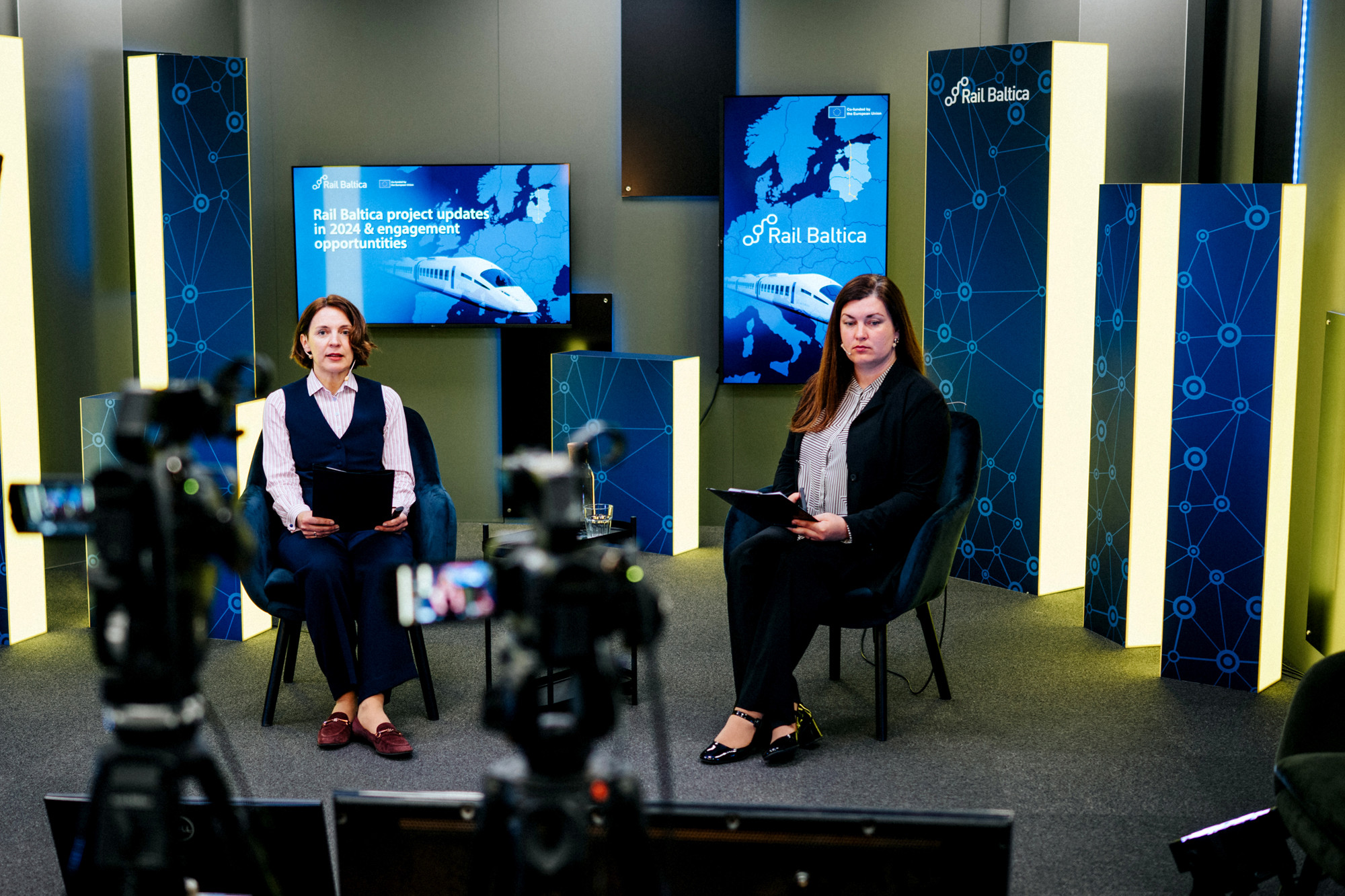
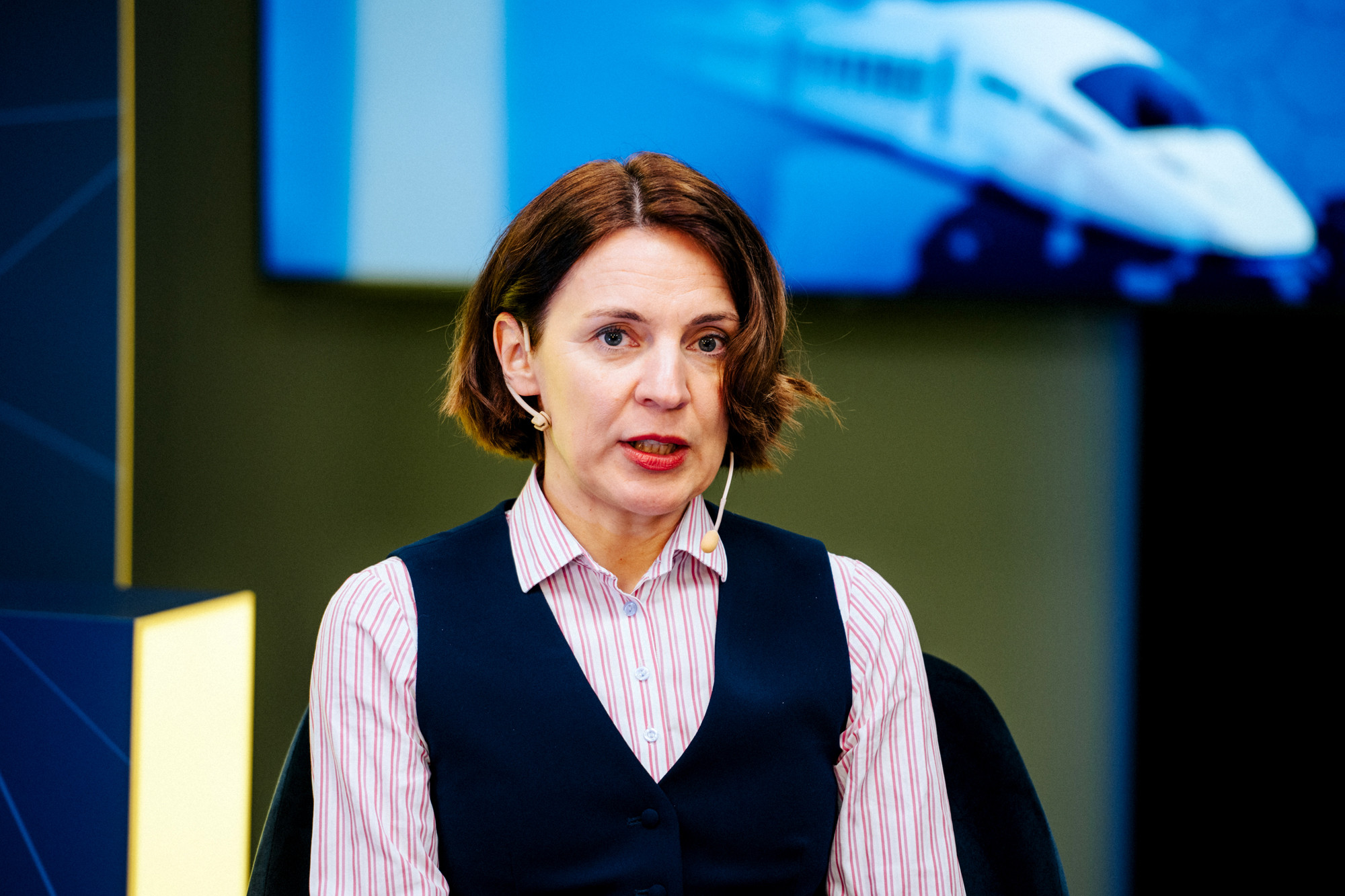
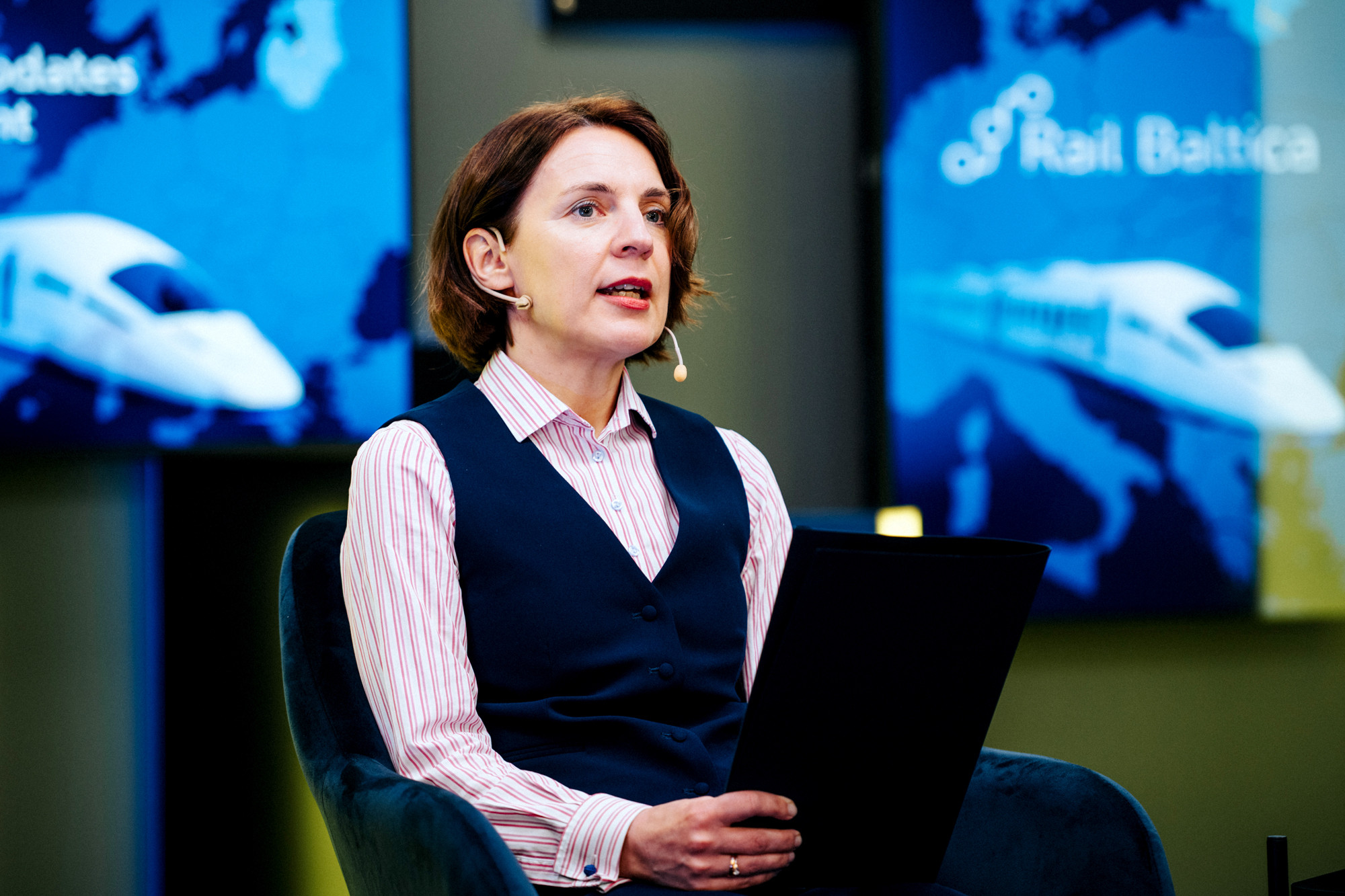
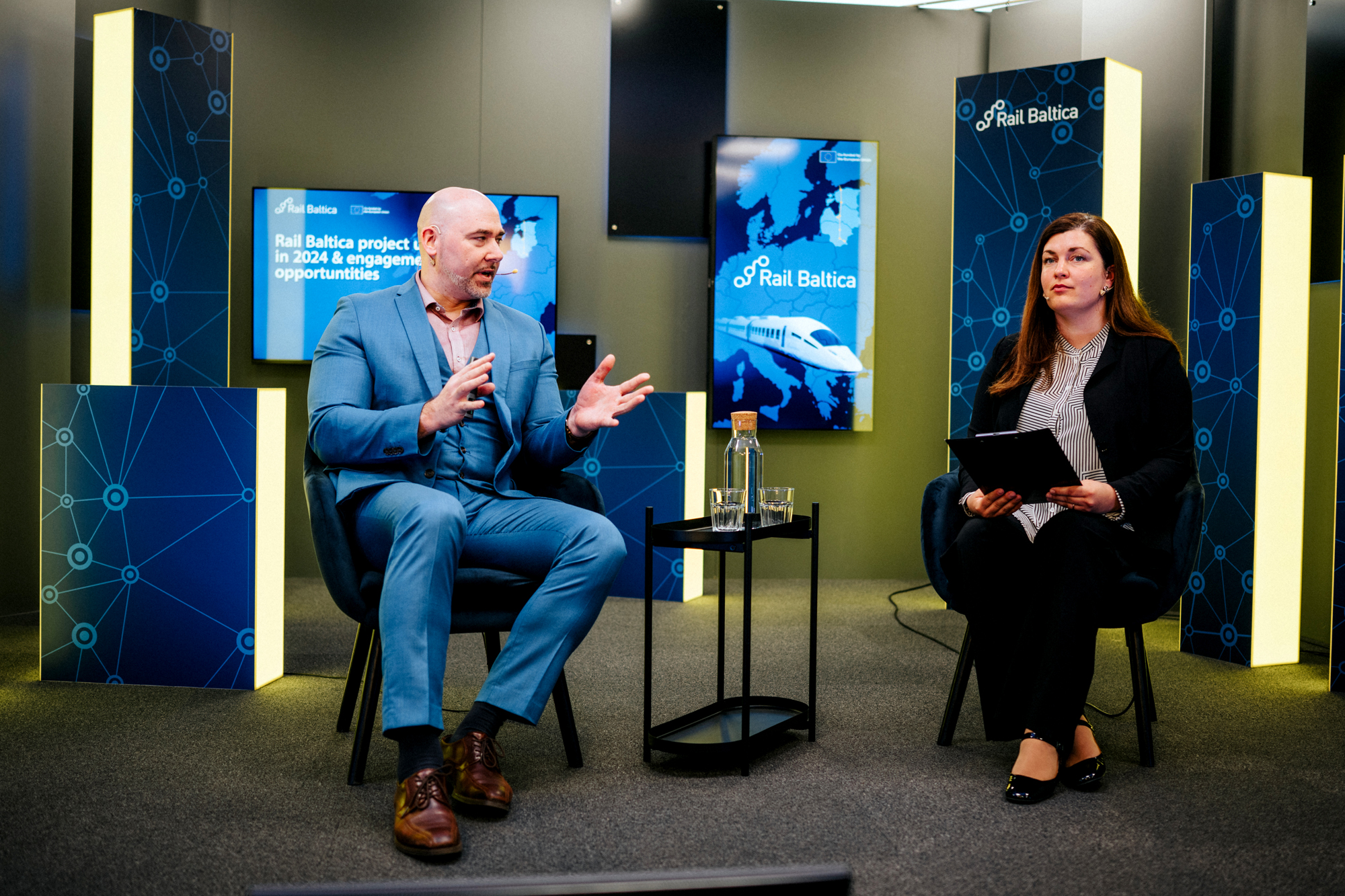
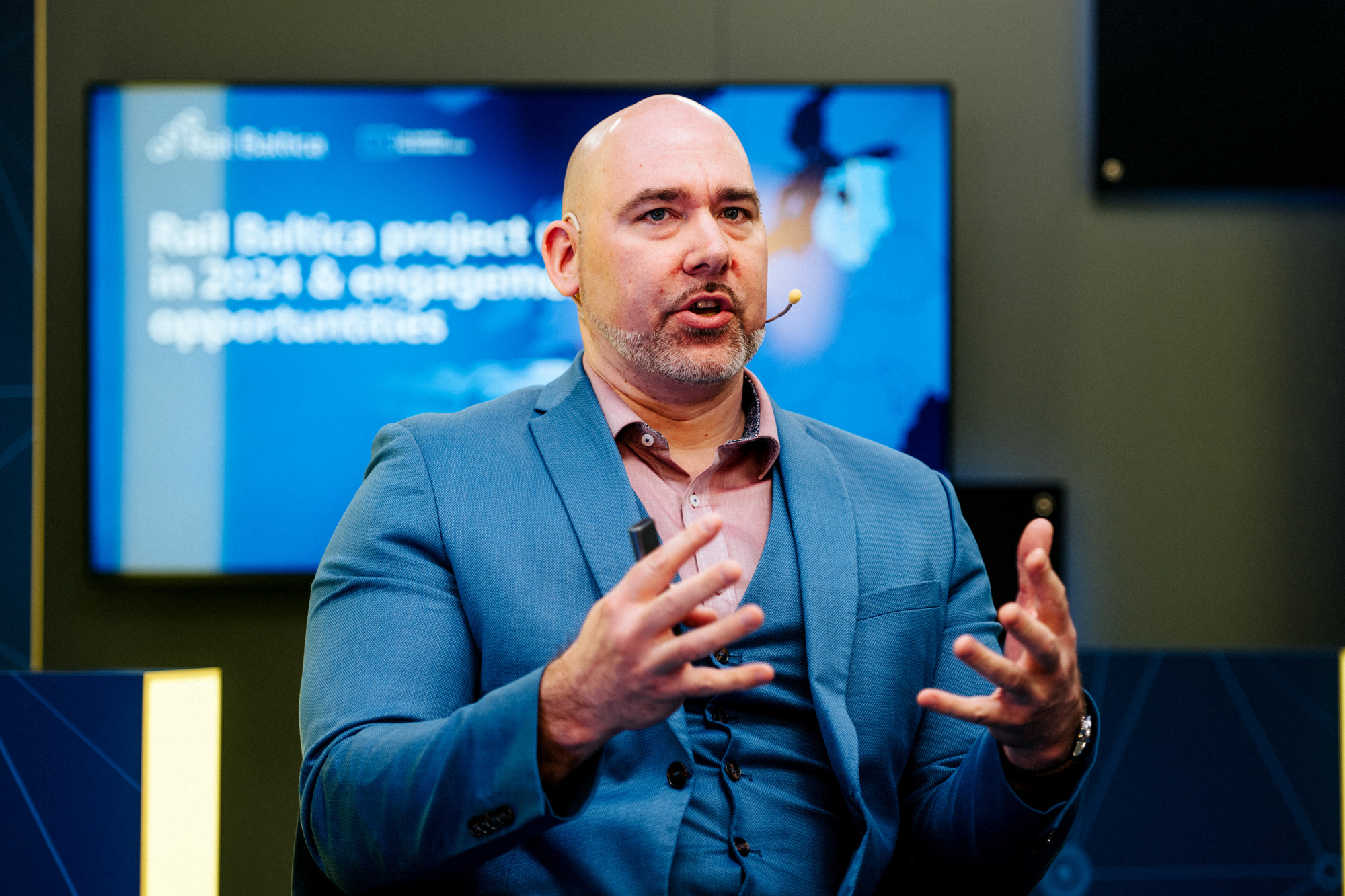
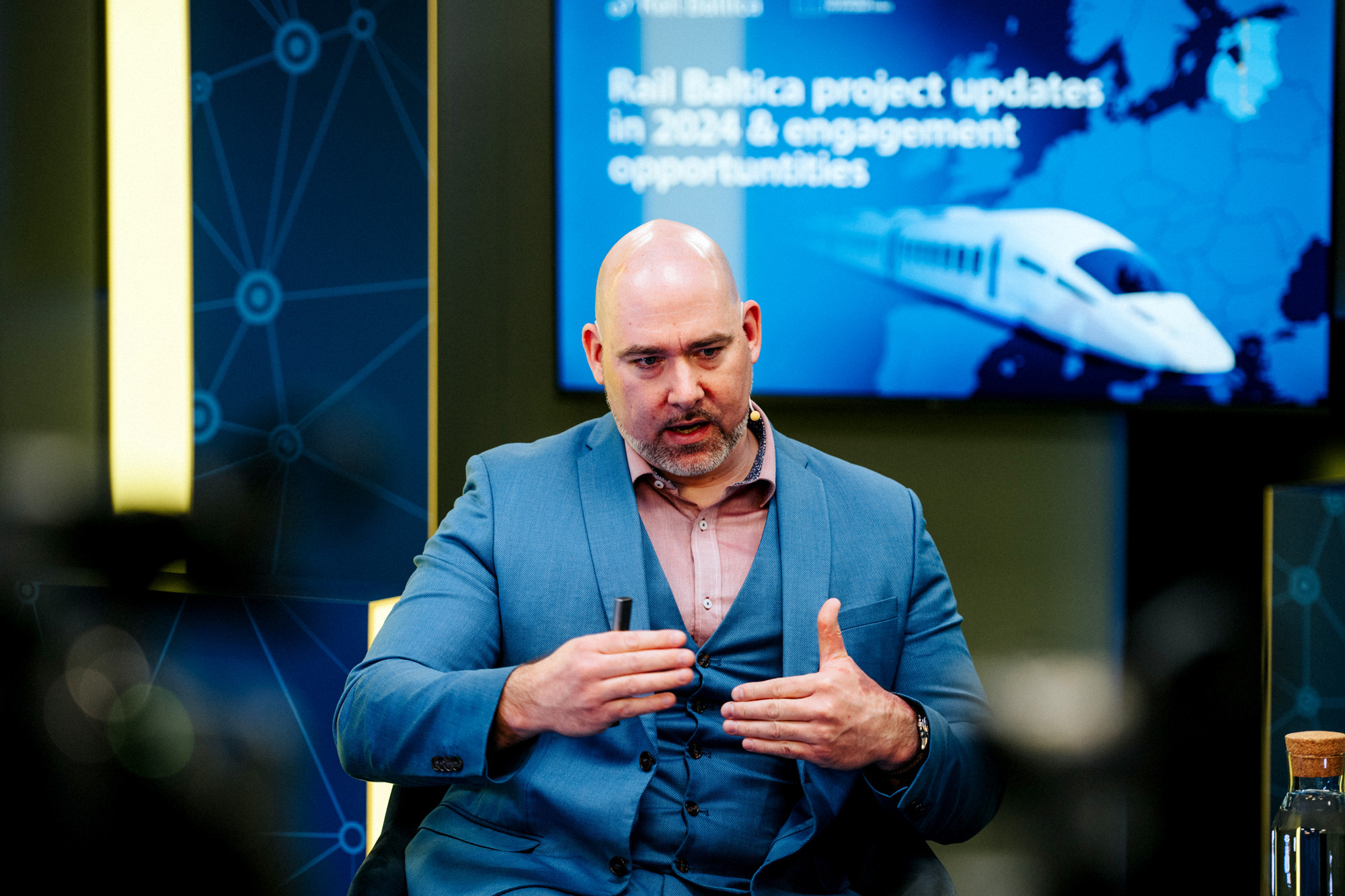
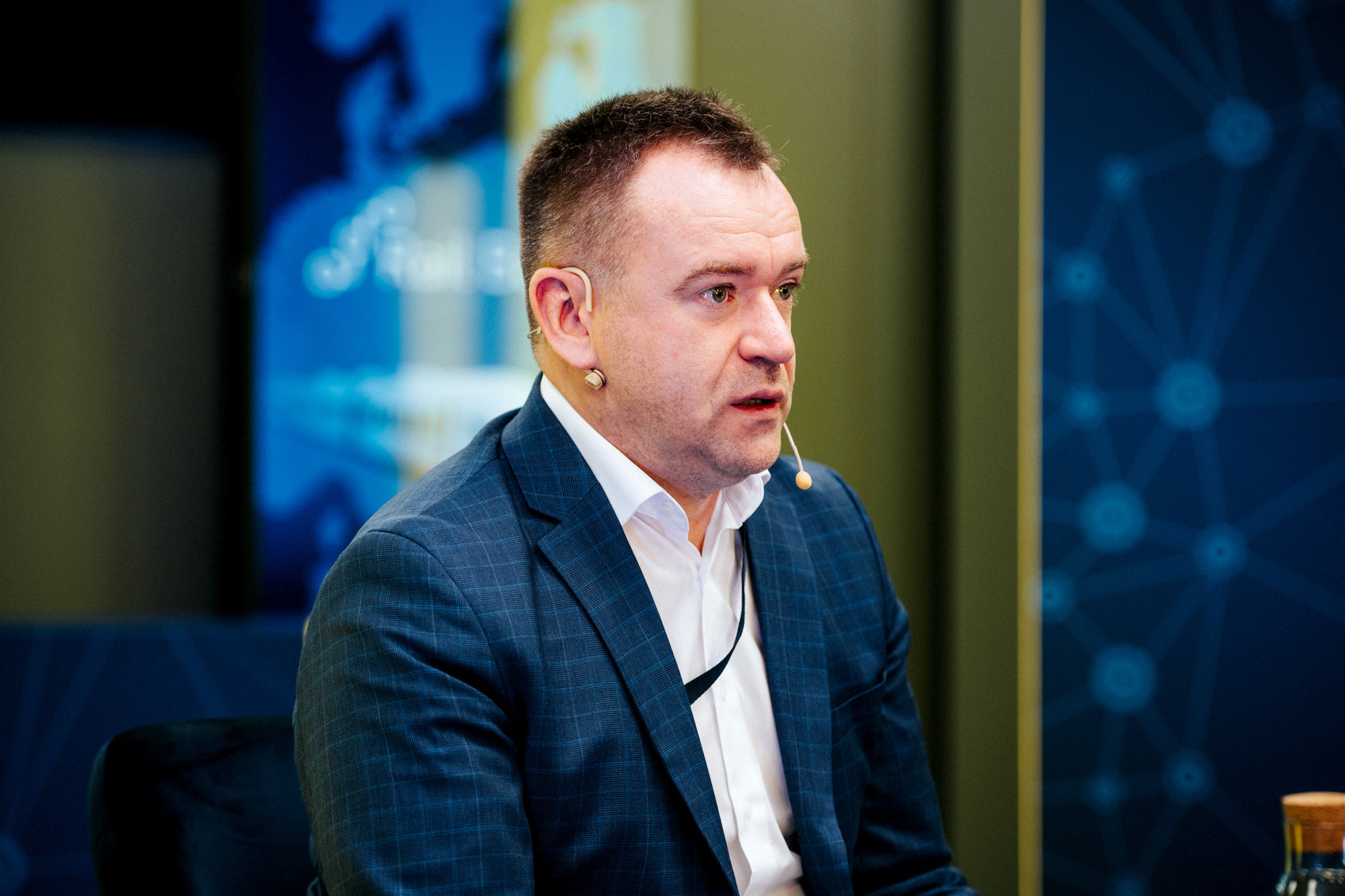
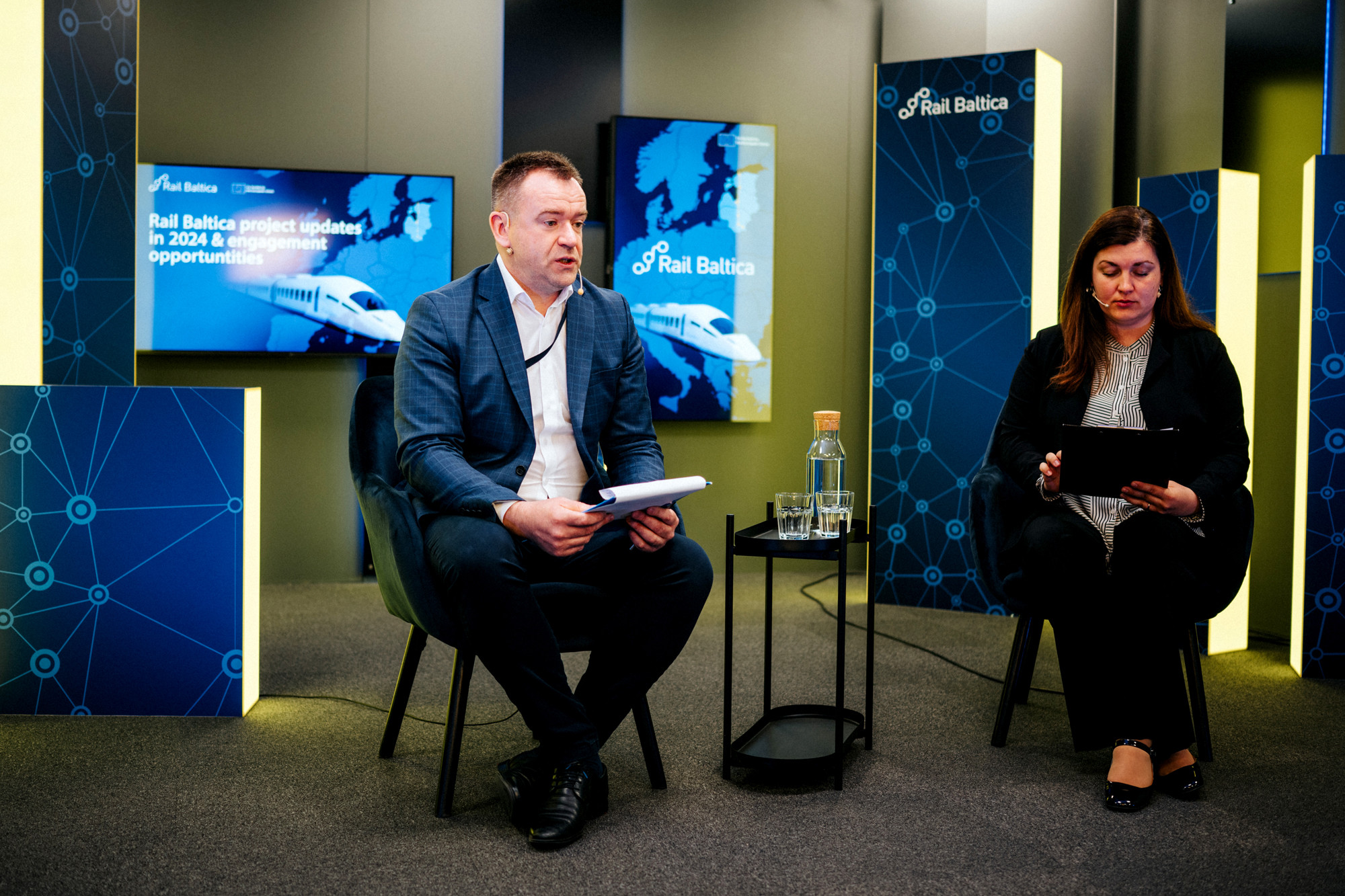
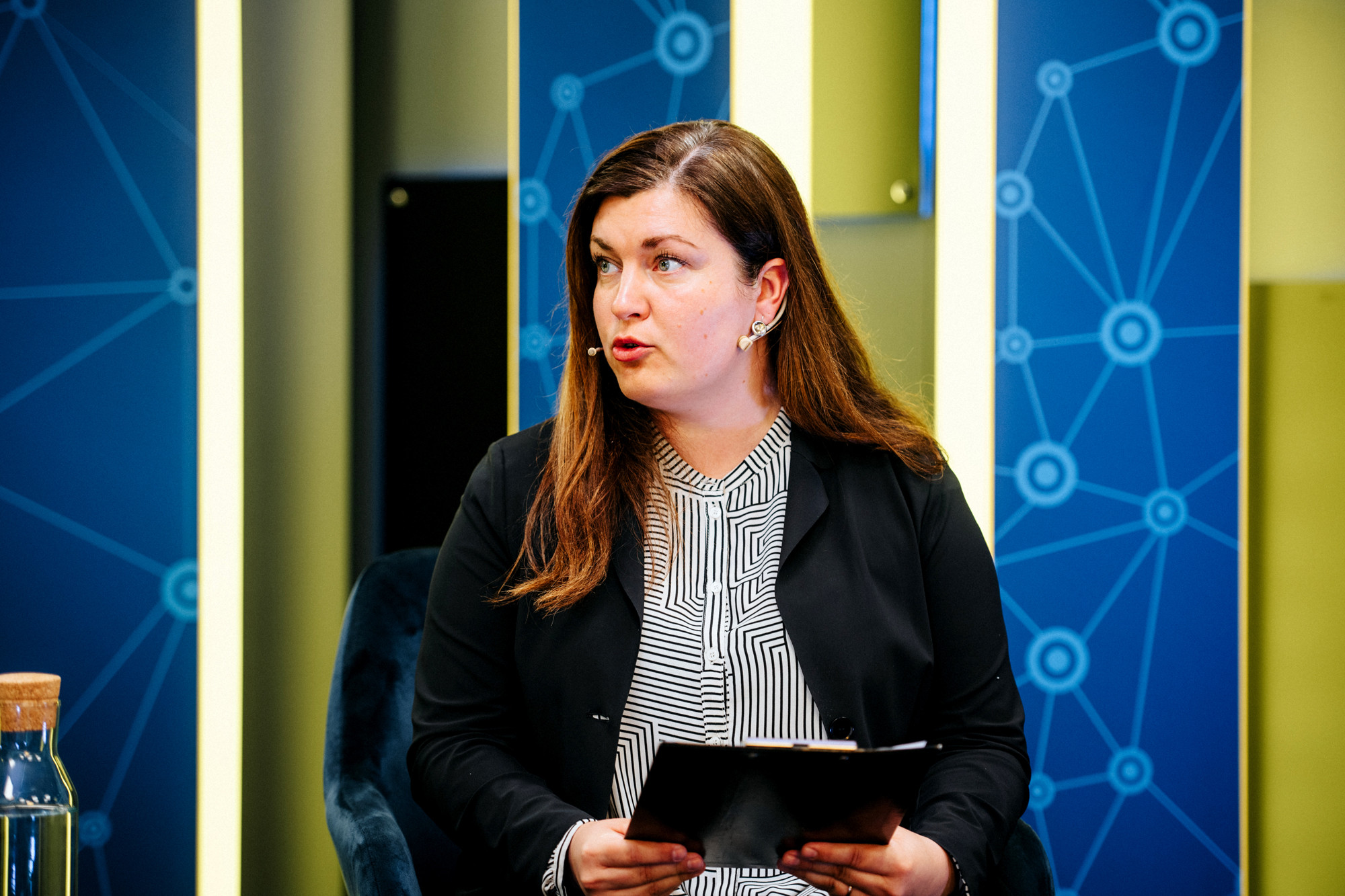
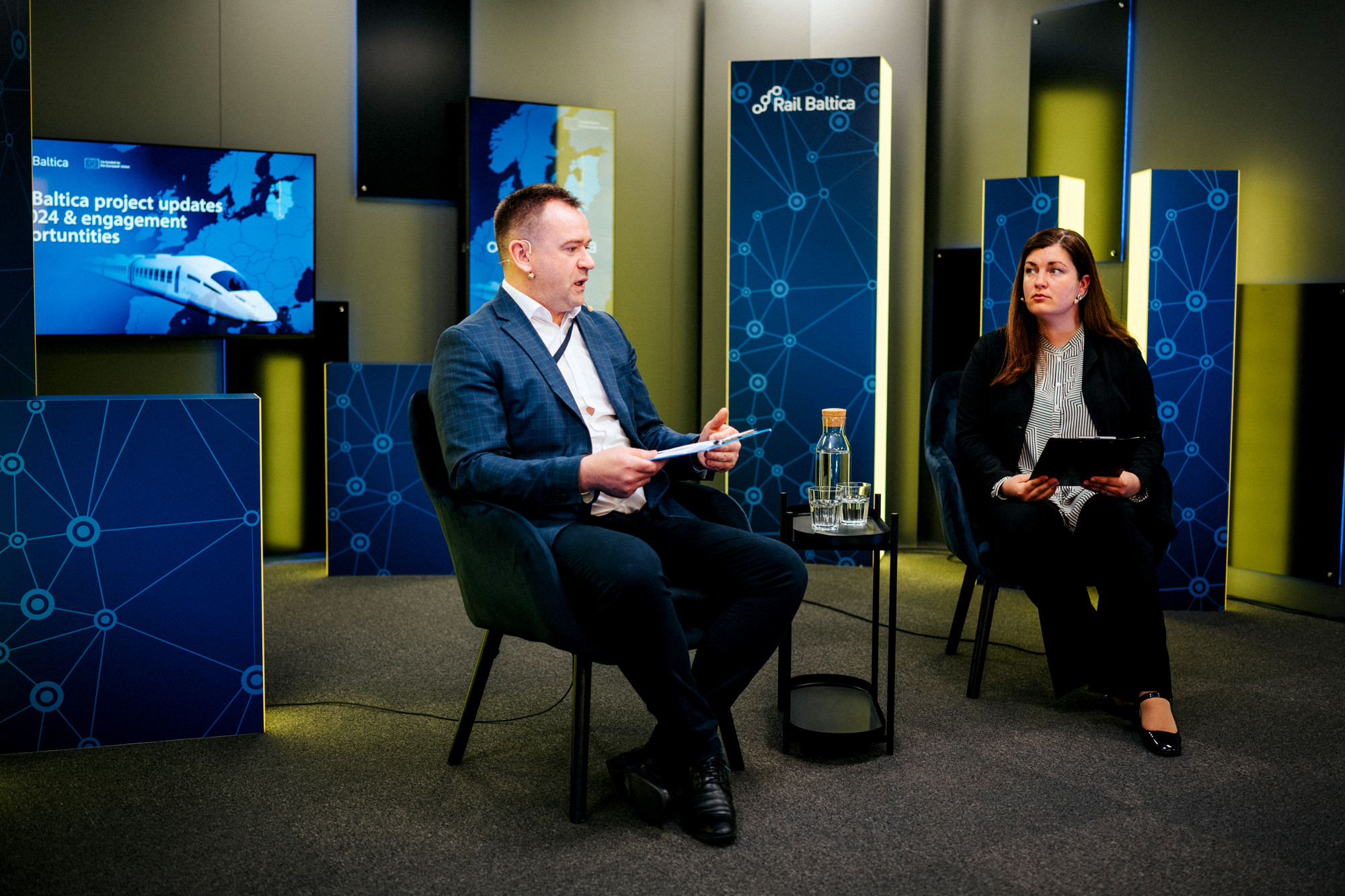
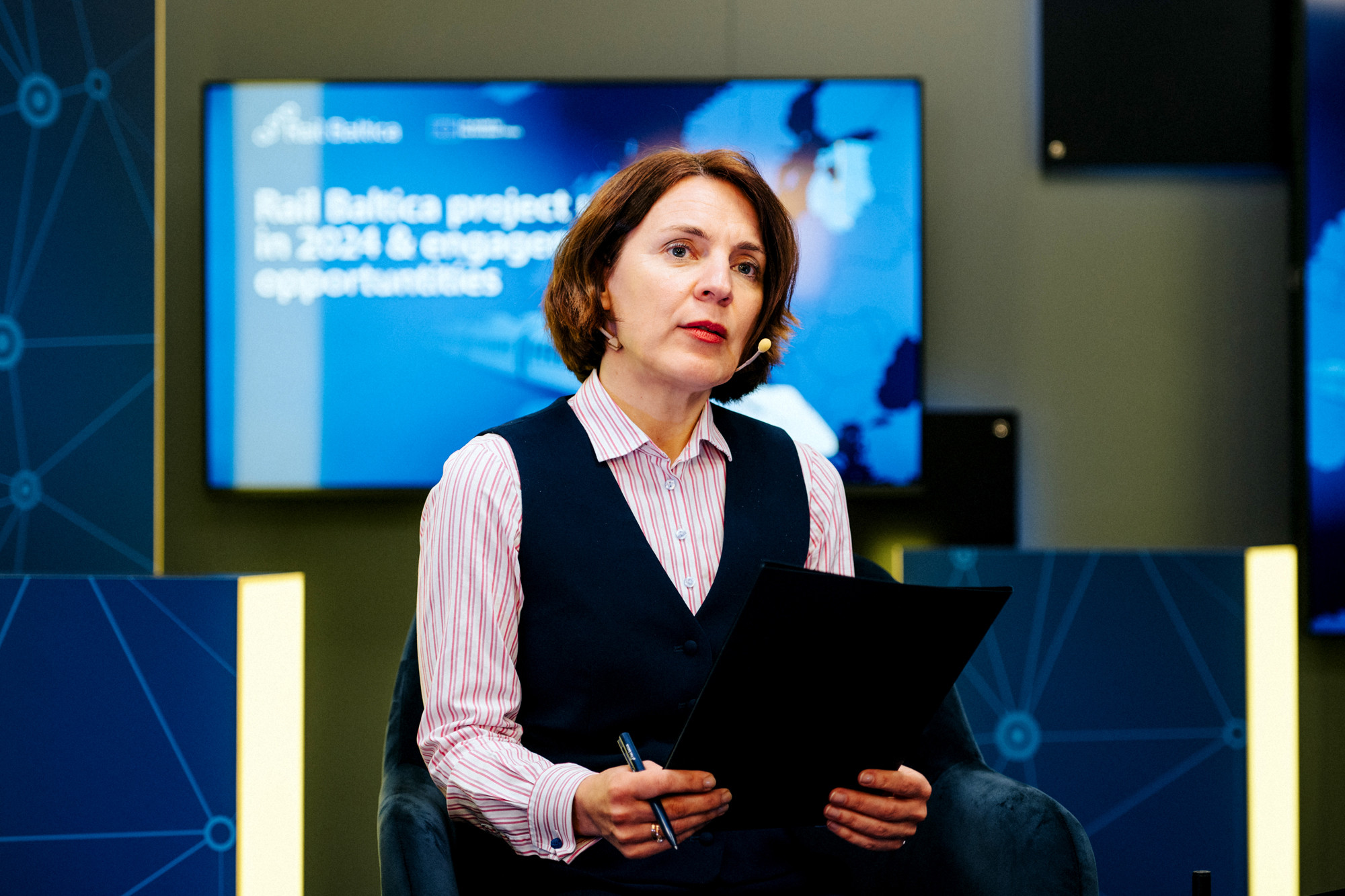
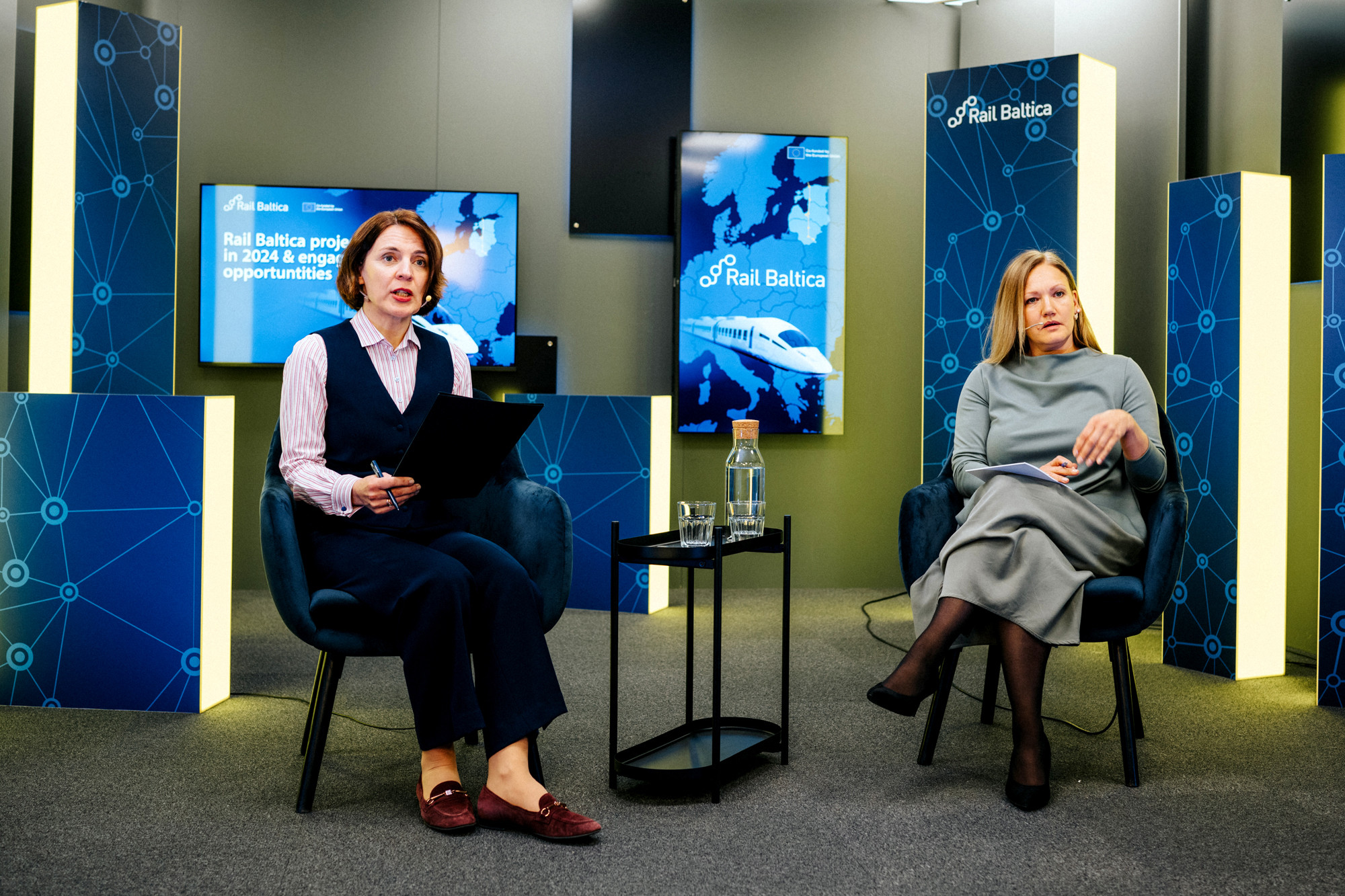
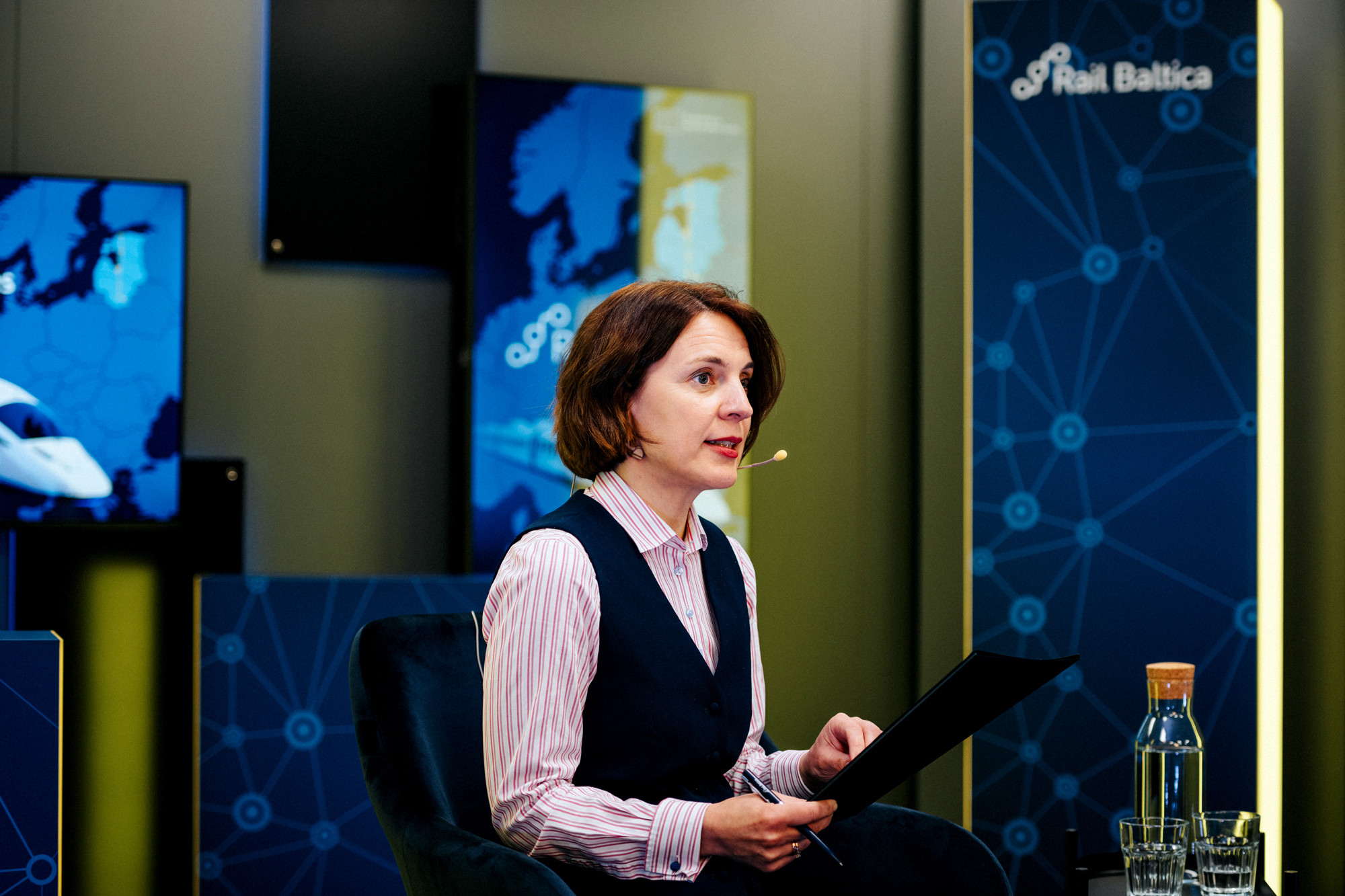

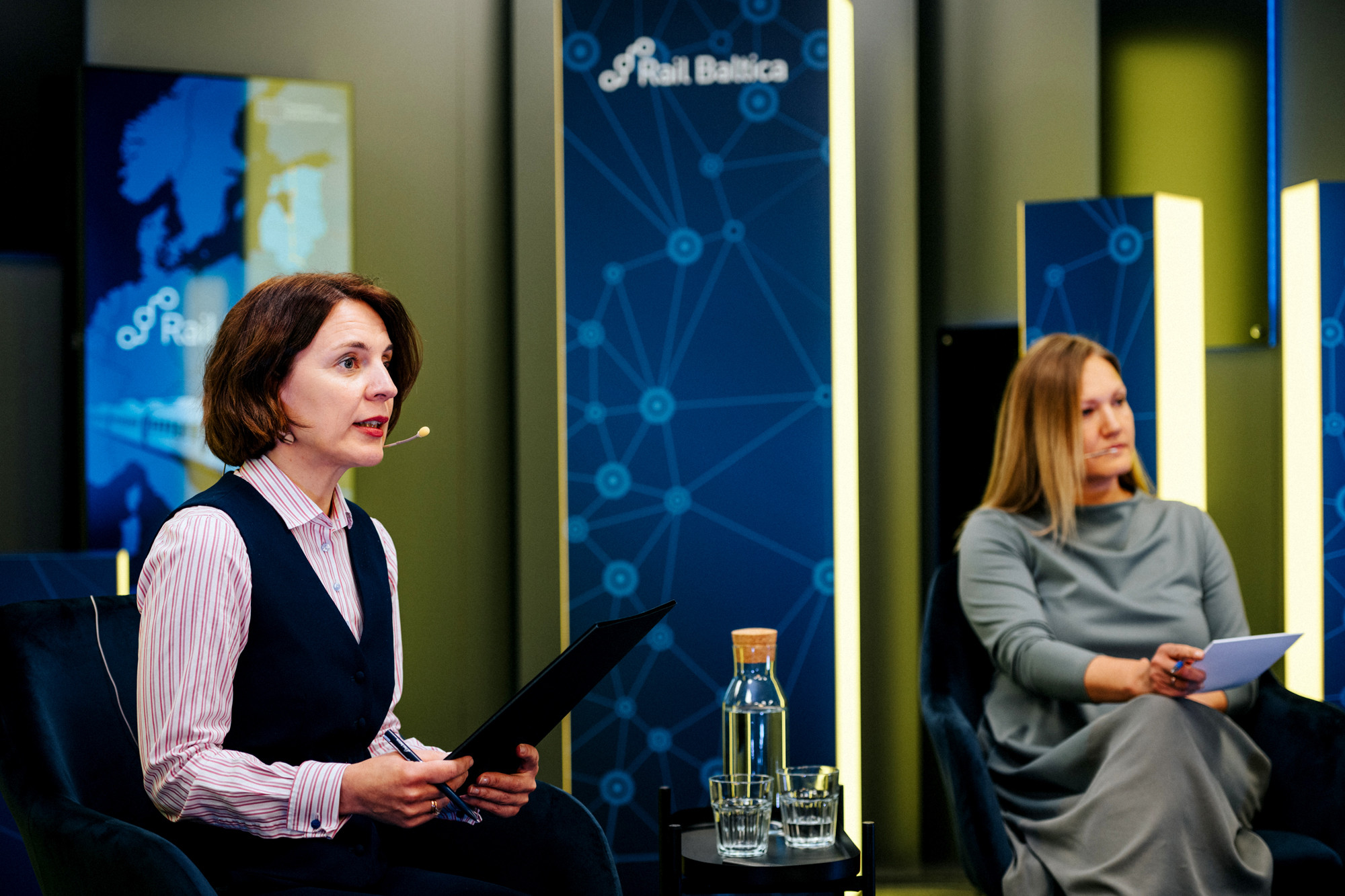
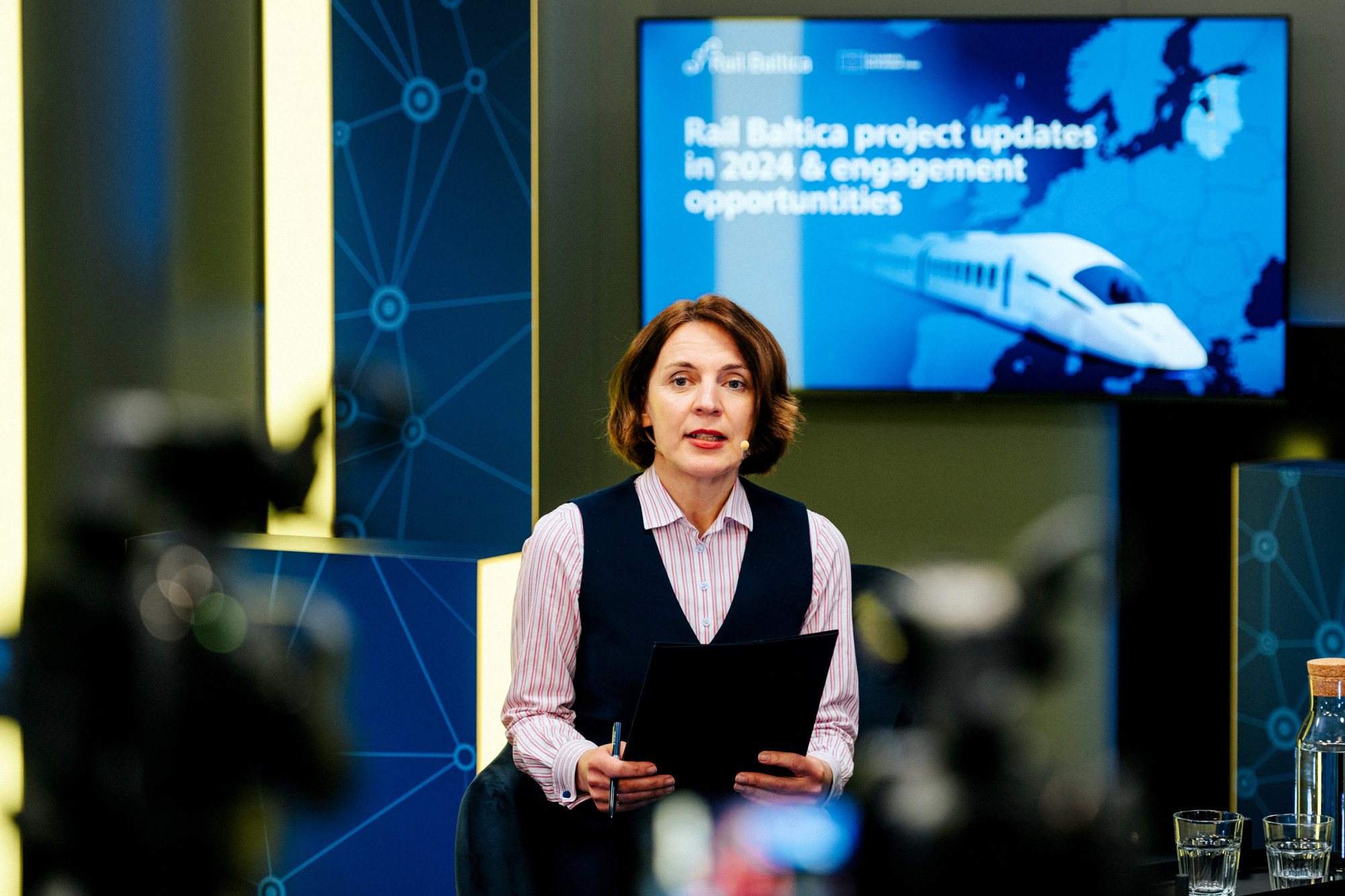
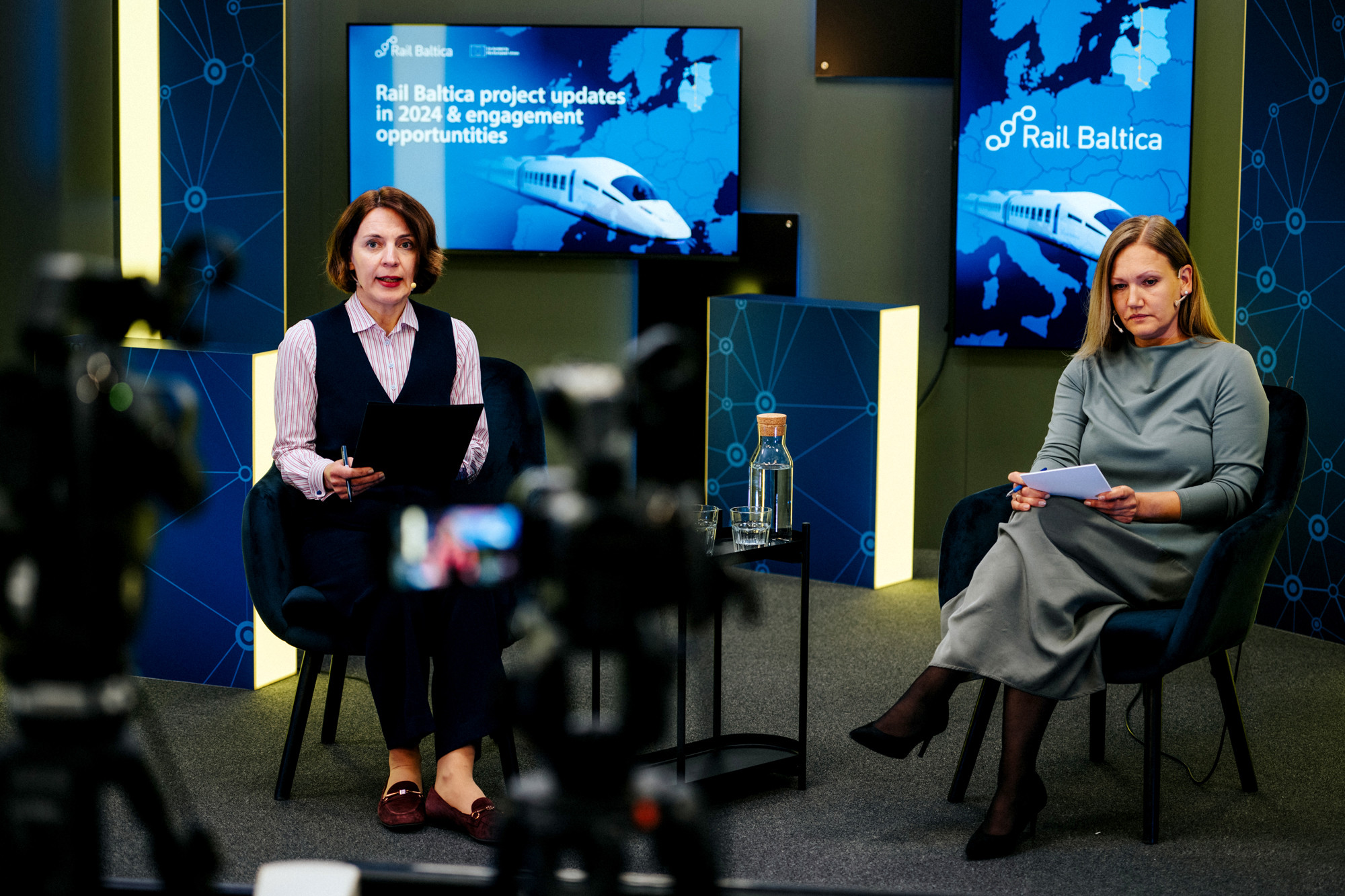
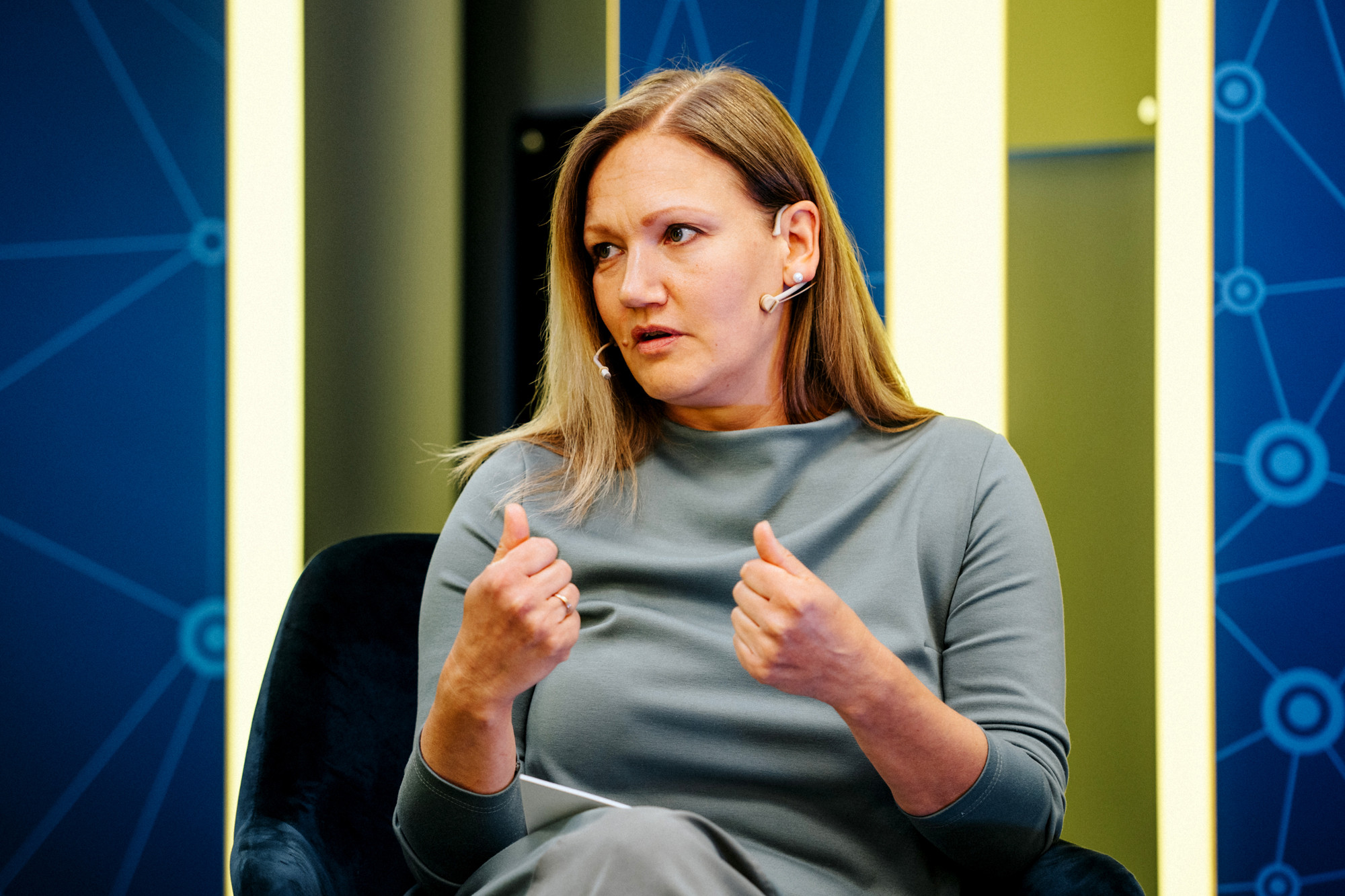
View the complete webinar recording: